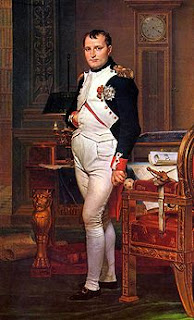Voting Rights for People with Felony Convictions

Voting for People with Felony Convictions Felony disenfranchisement is the practice of denying people with felony convictions the right to vote. No other nation disenfranchises as many of its citizens as the U.S. Over five million Americans are denied the right to vote because of felony convictions. The U.S. is the only democracy in the world that takes the right to vote away from citizens who have completed their sentences. This causes over two million U.S. citizens to be “permanently” disenfranchised from the voting process. With the exception of Maine and Vermont, there is consensus among the states that inmates are prohibited from voting while incarcerated for a felony offense. However, states differ with respect to voter eligibility for inmates once they have been released from prison, and most states prohibit people with felony convictions from voting while they are on parole or probation. Even after the successful completion of parole or probation, two stat
